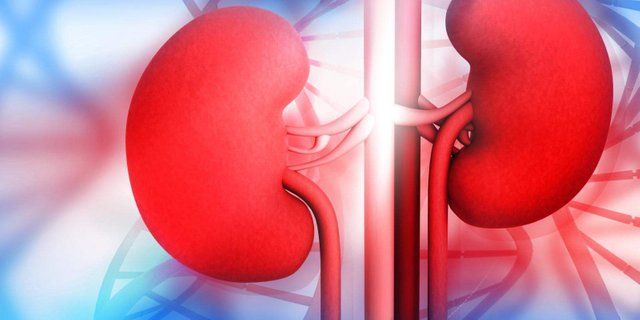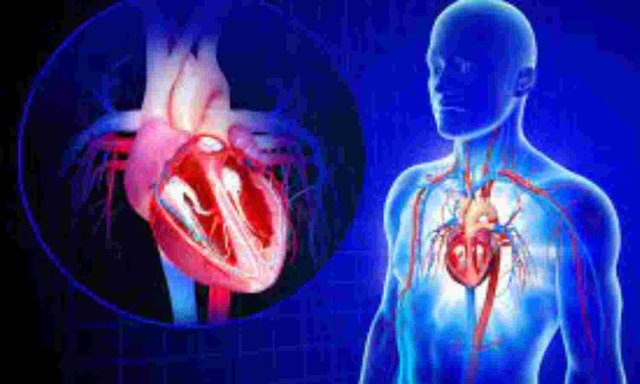
Introduction:
Water is an indispensable life source, constituting approximately 60% of the human body. It plays a vital role in regulating bodily functions, aiding digestion, maintaining body temperature, and transporting nutrients to cells. While we can survive for weeks without food, the consequences of neglecting water intake are far more immediate and severe. In this blog post, we delve into the repercussions of depriving our bodies of water and underscore the significance of staying hydrated for our overall well-being.
- Dehydration: The Culprit of Physiological Strain
Dehydration emerges as the primary consequence of insufficient water consumption. When our bodies lose more fluids than they gain, the delicate balance of electrolytes is disturbed, and water becomes inadequate for sustaining essential functions. Even mild dehydration can manifest through dry mouth, thirst, fatigue, and dizziness. As dehydration progresses, more severe symptoms like rapid heartbeat, sunken eyes, confusion, and decreased urine output may arise.

- Cognitive Function Impairment: The Mind's Vulnerability
Water plays a pivotal role in maintaining optimal brain function. When deprived of adequate water, our cognitive abilities suffer significantly. Research indicates that even mild dehydration can impair concentration, memory, and mood. In severe cases, dehydration can lead to delirium and confusion, undermining our ability to think clearly and make informed decisions.
.jpeg)
- Renal Challenges: A Toll on the Kidneys
The kidneys play a crucial role in filtering waste and toxins from our bloodstream. Without enough water, these vital organs struggle to function efficiently. The result is the formation of kidney stones, as concentrated minerals and salts crystallize in the urinary tract. In extreme cases, severe dehydration can lead to kidney failure, necessitating immediate medical intervention.

- Digestive Discomfort: Troubles Within the Gut
Proper hydration is essential for the smooth functioning of the gastrointestinal system and digestion. Insufficient water intake can lead to constipation, as the colon absorbs more water from waste, causing it to harden and making bowel movements difficult. Chronic dehydration can also contribute to acid reflux and stomach ulcers.

- Cardiovascular Strain: A Struggle for the Heart
Dehydration prompts the body to conserve water by reducing blood volume. This response forces the heart to work harder to circulate blood throughout the body, resulting in an increased heart rate and elevated blood pressure. Consequently, the cardiovascular system experiences added strain and potential complications.

- Overheating and Heat-Related Illnesses: A Threat to the Body's Cooling Mechanism
Water plays a crucial role in regulating body temperature. Without adequate hydration, the body becomes susceptible to overheating. In severe cases, heat exhaustion or heatstroke, both potentially life-threatening conditions, may occur. Dehydration hampers the body's ability to cool down through sweating, impeding a critical mechanism for heat dissipation.
.jpeg)
Conclusion:
The significance of water for our overall health cannot be emphasized enough. The consequences of dehydration are far-reaching and can severely impact both our physical and cognitive well-being. Neglecting adequate water intake poses potential dangers, including life-threatening situations. It is essential to heed the signals our bodies give us and prioritize regular hydration throughout the day. While the "eight glasses a day" rule may not be universally applicable, paying attention to our unique hydration needs ensures we stay healthy, vibrant, and well-hydrated!